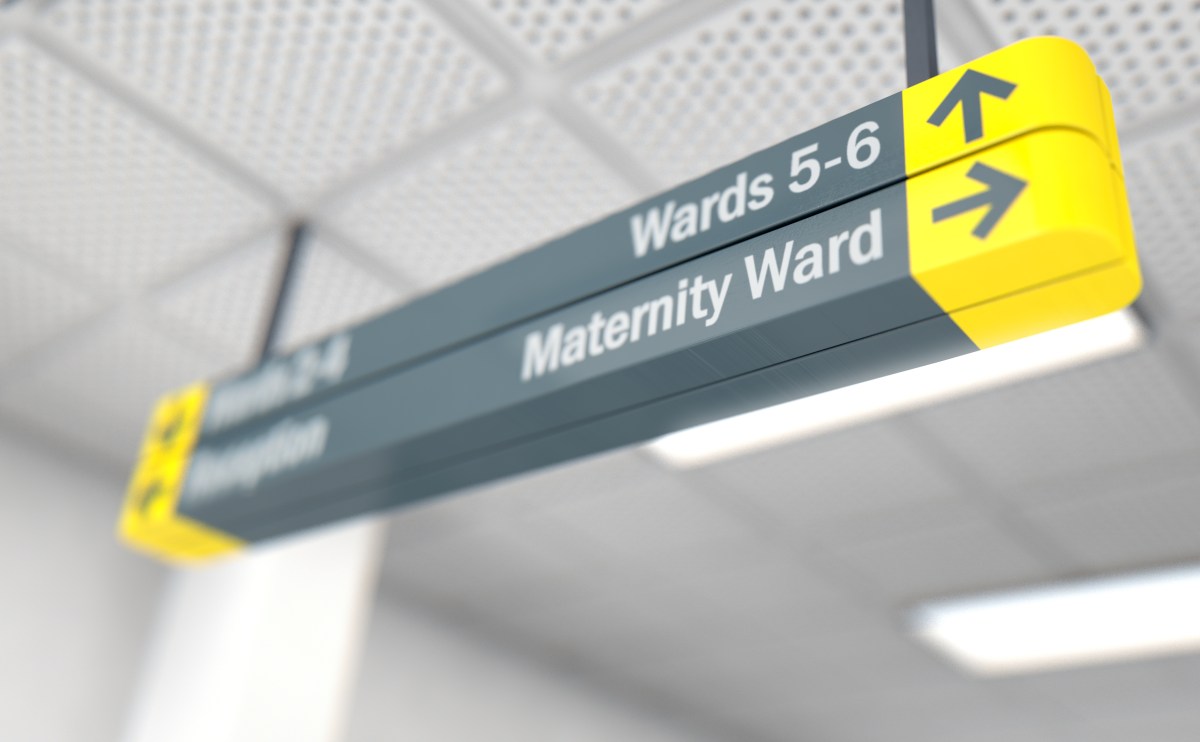(Reuters) – Ghislaine Maxwell, the alleged accomplice of Jeffrey Epstein, is being detained at a New Hampshire jail where she is likely separated from other inmates and under constant surveillance, local lawyers said.
A source familiar with Maxwell’s case said she is being held at the Merrimack County Jail, a medium-security facility 20 miles from the luxurious home where she was arrested Thursday.
Federal prosecutors in Manhattan have accused Maxwell, 58, of luring underage girls so that Epstein could sexually abuse them. She is expected to be transferred to New York for a court appearance next week, a spokesman for the U.S. Attorney’s Office in Manhattan said.
Epstein was awaiting trial on federal charges of trafficking minors between 2002 and 2005 when he was found hanged in a New York City jail in August. Medical examiners concluded his death was a suicide.
“Given what happened to Epstein and the special attention to this case, I would imagine there are orders from pretty high up to keep a close eye on her,” said Andrew Winters, a New Hampshire defense lawyer not involved in Maxwell’s defense who is familiar with the jail.
Maxwell is likely in her own holding cell where she can be observed at all times, said Ted Lothstein, another New Hampshire criminal defense lawyer.
“They are going to have her on the tightest security imaginable,” said Lothstein, who frequently visits the jail but is not representing the British socialite.
A jail attendant directed requests for comment to a spokeswoman for the U.S. Marshals Service, who declined to comment on Maxwell’s conditions. Maxwell’s lawyer, Larry Vogelman, also declined to comment on her conditions.
The jail is a “well-run” and “low-key” facility, Lothstein said, and “a vastly better jail than where she will be sent to in New York City.”
Lothstein said new inmates at the Merrimack County Jail are generally held in a booking area for their first days there, where jail staff are able to keep a close eye on a few surrounding cells.
“There’s nothing there,” Lothstein said of the booking area. “You can’t interact with anyone in any other cell.”
After a psychological examination and risk assessment, inmates are moved into the general population. Women are held in a unit separated from the men.
Given Maxwell’s profile and imminent transfer to New York, she would likely never be moved to the New Hampshire jail’s general population, Lothstein said.
Despite the lack of company and television access in the central booking area, Maxwell is “probably happy to be there” and not in the women’s unit, where she would likely be threatened and insulted, Lothstein said.
“Anybody charged with child sex abuse is public enemy number one in terms of how other inmates perceive them,” Lothstein said. “I would expect she would fall squarely into that category.”
Winters said Maxwell also would be less likely to contract the coronavirus in the central booking area, away from the jail’s general population.
In March, a county official told the Concord Monitor that the jail was taking steps to mitigate spread of the virus, which at the time had about 170 inmates and 115 staff.
That month, a correctional officer at the jail tested positive for the virus, the official told the newspaper.
In general, the facility has a “good reputation” for safety and professionalism on the part of staff and administrators, Winters said.
“If I had to do time, that’s where I would want to do time,” Winters said.
(Reporting by Jan Wolfe; Editing by Noeleen Walder and Chris Reese)

























